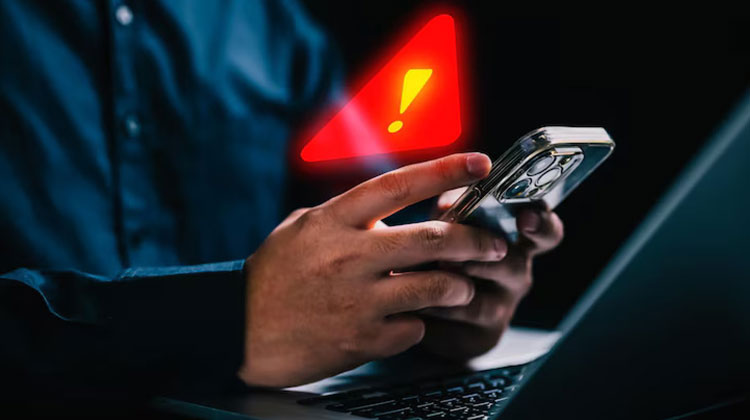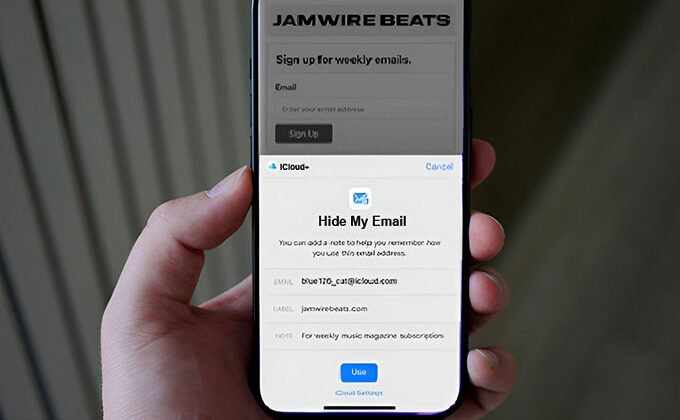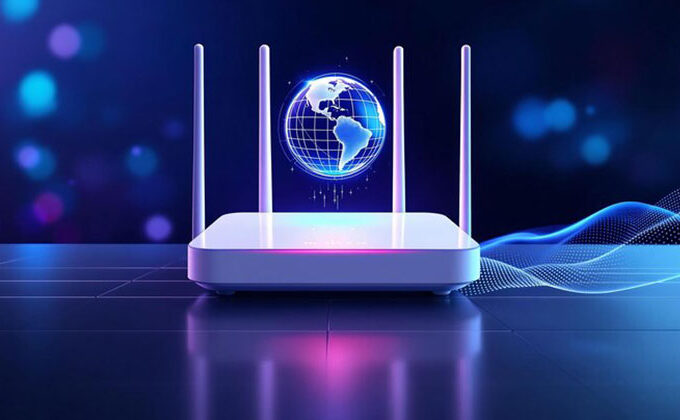iPhones are widely known for their strong security features, but a common question still pops up: Can iPhones get viruses? While Apple’s iOS system is designed to keep users safe, no device is 100% immune to threats.
Apple users often appreciate how well-protected their iPhone devices are from viruses. However, certain habits or cyber threats could expose their mobile phones to malware infection. If you suspect malware on your iPhone, take action immediately – reboot, delete the history of browser usage, remove suspicious applications, or reset to factory settings to try and get things in working condition again.
Can iPhones get viruses?
Yes, iPhones can get viruses, but they’re extremely rare and common. The security features in the iPhones safeguard iPhones from infection by malware. They also give the iPhone an advantage in the ever-present security against.
Apple examines every app in its authorized App Store, making it unlikely that you’ll download malicious applications from the App Store. Your iPhone can be infected through downloading apps that are unavailable through Apple’s App Store; to gain access to such files, without jailbreaking. Software updates contain security patches designed to safeguard the iPhone from infection by malware, while sandboxing restricts how apps access your device for even further protection. All this is finished with the data encryption that makes it almost unattainable for any malicious program to gain access or alter the data stored in your iPhone.
However, to be protected from malware of all kinds, you must first know how your iPhone might be infected.
Also read: 5 Best Password Manager for iPhone to Secure Your Data
How do iPhones get viruses?
iPhones could be infected by malware from various sources, including malicious applications or websites that contain links. Jailbreaking an iOS device makes it more susceptible to viruses that can infiltrate it through jailbreaking. If your iPhone’s security features work as a lock to keep viruses at bay and protect it from infections, jailbreaking is similar to providing them with access.
In the case of example, downloading a malicious app for your jailbroken iPhone may infect it with AdThief malware. Once installed, AdThief hijacks ad revenue and redirects it to the attacker every when you click on an advertisement. Another iPhone malware threat is the Pegasus spyware activated through the opening of an infected message on iMessage. Once installed, it will Pegasus malware gather your personal data (texts, emails, phone calls, texts, and live chats) and transmit your information to an attacker.
Here are the primary ways in which viruses can infect jailbroken iPhones:
Third-party apps
Most often, Apple users get their iPhones with viruses after downloading applications that are not available on their official App Store. The apps that aren’t vetted could contain harmful software that can infect your device after you download them. The hackers employ this malware in order to take information and monitor your activities, or gain access to your phone.
Harmful websites
Visiting a malicious site could result in a virus infection. If you click on an ad or link that triggers an infection with viruses. You may be asked to download malware-infected files or visit a website that may cause an automatic malware download (rare, however, certainly not unattainable). We suggest scanning websites for virus-related issues to ensure you don’t stumble upon untrustworthy websites, and using the internet safely.
Malicious messages from iMessages.
Hackers sometimes send messages via iMessages that contain diverse types of malware, such as viruses. These messages appear urgent and crucial, so that you click on the link that is malicious or click on an attachment without a second thought.
In certain cases, such as the Pegasus instance, iMessages could be the host of viruses that can affect your device when you open them, and without even clicking on the links.
Can iPhones Get Viruses? Signs Your iPhone Might Be Infected
If you suspect that your iPhone is infected, you could be noticing spikes in data usage and rapid battery drain, as well as suspicious downloads and pop-up advertisements on Safari, and even excessive heat. Let’s look at these iPhone virus symptoms one by one:
Data usage rises
If your iPhone data usage increases suddenly without a reason to be clear reason, this could indicate that an infection is performing its dirty work. Sometimes, viruses send huge amounts of information from your device through an outgoing server, which increases the amount of data used.
Battery drain
Malware and viruses could consume a lot of processing power when running in the background. This can cause your iPhone battery is drain, even if you’re not using your phone.
Unsuspicious downloads
If you find apps on your iPhone that you haven’t downloaded or you are no longer using, just erase the apps.
iPhone Performance Issues
If your iOS applications are always slowing down, or there’s an abrupt increase in pop-up ads appearing on Safari when you’re not surfing the internet, or having issues with the “no network connection” error on your iPhone, it could be a sign that your iPhone is infected or has been compromised. Also, if the iPhone’s search bar is not working or the iMessage application isn’t functioning in the way it should, it could be a sign of possible problems.
Overheating
Malware often causes the processor to work more and generates heat. If you’re not utilizing your apps in a way that is excessive and there’s no problem with the iPhone hardware, overheating may be a sign of a virus infection.
There are times when you may notice several indicators of malware simultaneously. So what do you do?
Also read: How to Make a Private Call on iPhone and Android
Virus Removal Guide: How to Get Rid of a Virus from Your iPhone
Getting rid of iPhone viruses may not be as easy as you’d think, but you can take a variety of steps to eliminate viruses and other kinds of malware from your phone. You could run a virus scanner to examine the files on your iPhone for any malware and detect any infected files, and should they be required, take them out of quarantine or get rid of the files.
Here’s what you need to do to eliminate viruses on your iPhone:
- Start your iPhone. In some situations, restarting your iPhone will help to eliminate certain kinds of malware. This is the initial step towards getting rid of viruses.
- Clean your browsing history and data. Clearing browsing data won’t directly remove malware, but it may reduce your chance of being exposed to similar sites where malware lurks in future visits.
- Remove suspicious applications. If you find unidentified apps that you don’t recall having installed on your iPhone and want to delete them, do it immediately. In many instances, it’s also possible to delete information and malware contained within an application.
- Check your app permissions. If you’ve been granted app permissions, review the list of apps you have installed and then revoke the permissions for tracking. So, apps won’t be allowed to access your personal information and iPhone features.
- Restore from an earlier backup. By restoring your iPhone from an iCloud backup predating the malware attack, your iPhone can be restored to its previous version without malware. Keep in mind, however, that any data not backed up will be gone forever.
- iPhone Factory reset. If none of the other options work and the malware is still present, then you should attempt an iPhone factory reset. But it should be your last resort once you’ve exhausted every other option.
How to Protect Your iPhone from Viruses & Malware
iPhones tend to be relatively secure devices. However, security threats like malware, spyware, and phishing still pose threats. Protect your device by opting out of jailbreaking, only downloading from the App Store, and keeping iOS up-to-date. Enable two-factor authentication to take action, avoid suspicious links or messages, and utilize a trusted VPN on public Wi-Fi networks. Regularly review installed apps and settings to ensure your iPhone remains safe from viruses and malware.
Ending Notes
iPhones are secure devices, and traditional viruses are rarely a risk, yet many users ask, “Can iPhones get viruses?” Infection is rare, but threats such as phishing, malware, and unsafe apps do exist and should be managed accordingly by staying up-to-date with iOS versions, avoiding jailbreaks, and only downloading from trusted sources to ensure maximum protection and keep their iPhone safe from potential harm.















Leave a comment